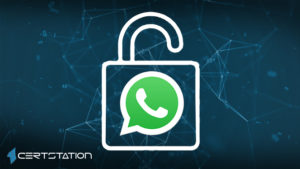
Highly popular encrypted messaging app, Telegram, briefly went offline on Thursday for millions of users globally in the wake of a powerful distributed denial-of-service (DDoS) attack that hit its servers.
Telegram founder Pavel Durov later discovered that the attack was largely coming from the IP addresses located in China, suggesting that it could be the handiwork of the Chinese government with the objective of sabotaging Hong Kong protesters.
Since last week, millions of people in Hong Kong are battling their political leaders over the projected changes to an repatriation law that would let a person arrested in Hong Kong face trial elsewhere, including in central China.
It is also being seen as a major threat to the region’s civic freedoms and the rule of law.
Many people in Hong Kong are presently using Telegram’s encrypted messaging service to communicate without being spied on, organize the protest, and alert each other about activities on the ground.
Telegram says it received “GADZILLIONS of garbage requests” which stop its servers from processing genuine requests, and the ‘state-actor sized’ attack has been traced back to IP addresses in China.
“IP addresses coming mostly from China. Historically, all state actor-sized DDoS (200-400 Gb/s of junk) we experienced coincided in time with protests in Hong Kong (coordinated on @telegram). This case was not an exception,” Telegram founder Pavel Durov tweeted.
Though it is obvious that a DDoS attack has nothing to do with the security of data stored on the targeted servers, it aims to take a service offline. Nevertheless, it’s not the first time when the Telegram service was taken vehemently down using a DDoS attack during the political discontent to disrupt activists.




